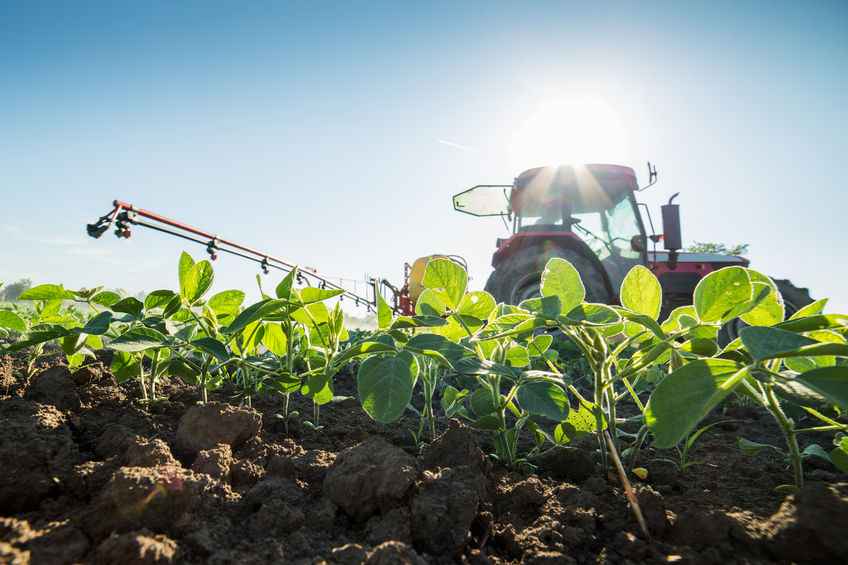
The European Food Safety Authority (EFSA) on Thursday said glyphosate, the active ingredient in Monsanto weedkiller Roundup, was unlikely to cause cancer in humans, but it proposed new controls on any residues in food.
Peter Melchett, policy director at the Soil Association commented on this finding; “The EFSA decision is absolutely no surprise. Given that this review of glyphosate relies almost entirely on industry funded, unpublished studies, it would be unthinkable for the EFSA to come to any conclusion other than that glyphosate is safe to use.
The reason that other eminent international scientists advising the WHO have already come to different conclusions is, as the EFSA themselves admit, purely because the other scientists are considering a much wider range of evidence than just industry studies, and they are looking at the impacts of glyphosate as it is actually used.
Although glyphosate is always used in combination with a range of other often toxic chemicals, and although researchers have found that glyphosate mixes as sold to farmers and gardeners can be 1000 times more toxic than glyphosate acting on its own, the EFSA insists on looking at the impact of glyphosate alone. It is blindingly obvious that the WHO approach is right from the perspective of public safety, and that the EFSA approach simply serves the interests of the pesticide companies.
“The next serious scientific review of glyphosate will be carried out by the European Chemicals Agency (ECHA), the regulatory authority responsible for implementing the EU's chemicals legislation and protecting human health and the environment. The ECHA will be consulting on their findings at the end of this month. Their conclusions may still condemn glyphosate and prevent the weed killer being re-approved under EU law.”
Nick von Westenholz, CEO of the Crop Protection Association said, “We are pleased to see that EFSA concurs with the numerous health assessments conducted by public authorities on glyphosate over the past 40 years which have all concluded that, when used correctly, it poses no meaningful risk to human health.
“As an industry we take pride in the fact that our products are demonstrably safe. Pesticides are amongst the most heavily regulated products in Europe and it currently takes about ten years, costing over £150m to bring an active ingredient to market. It is this process, backed by effective and independent regulatory scrutiny, that ensures the public can have absolute confidence in our products.
“Glyphosate is an important part of a farmer’s and gardener’s toolbox. It is particularly important in minimising food waste by controlling a broad spectrum of weeds and therefore reducing the need for ploughing of soils. This protects soils from degradation and reduces greenhouse gas emissions and energy consumption.
This is just one example of how modern farming relies on innovations in crop protection such as glyphosate to protect soil whilst helping make our land as productive as possible.”
